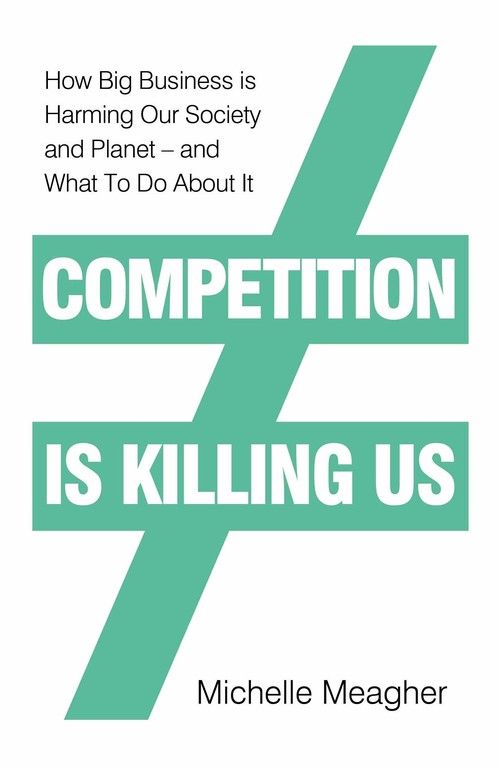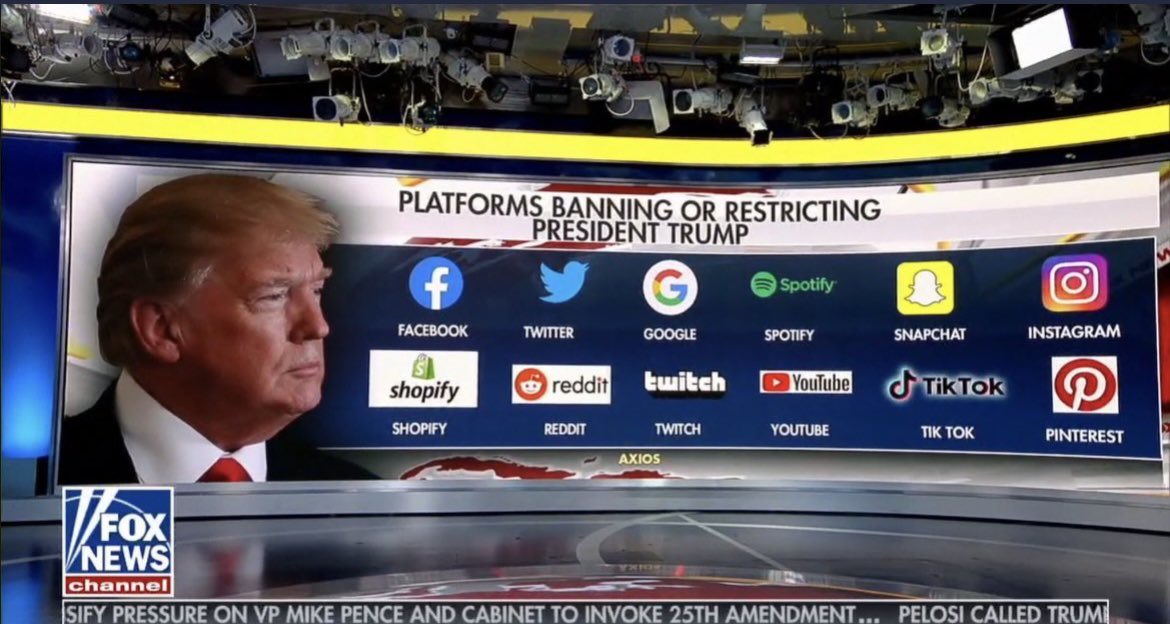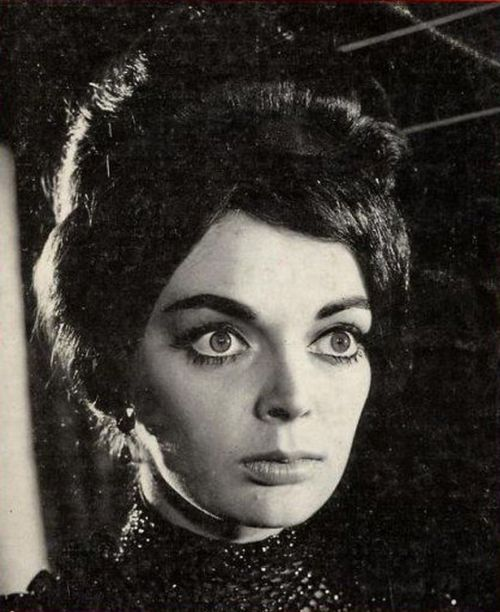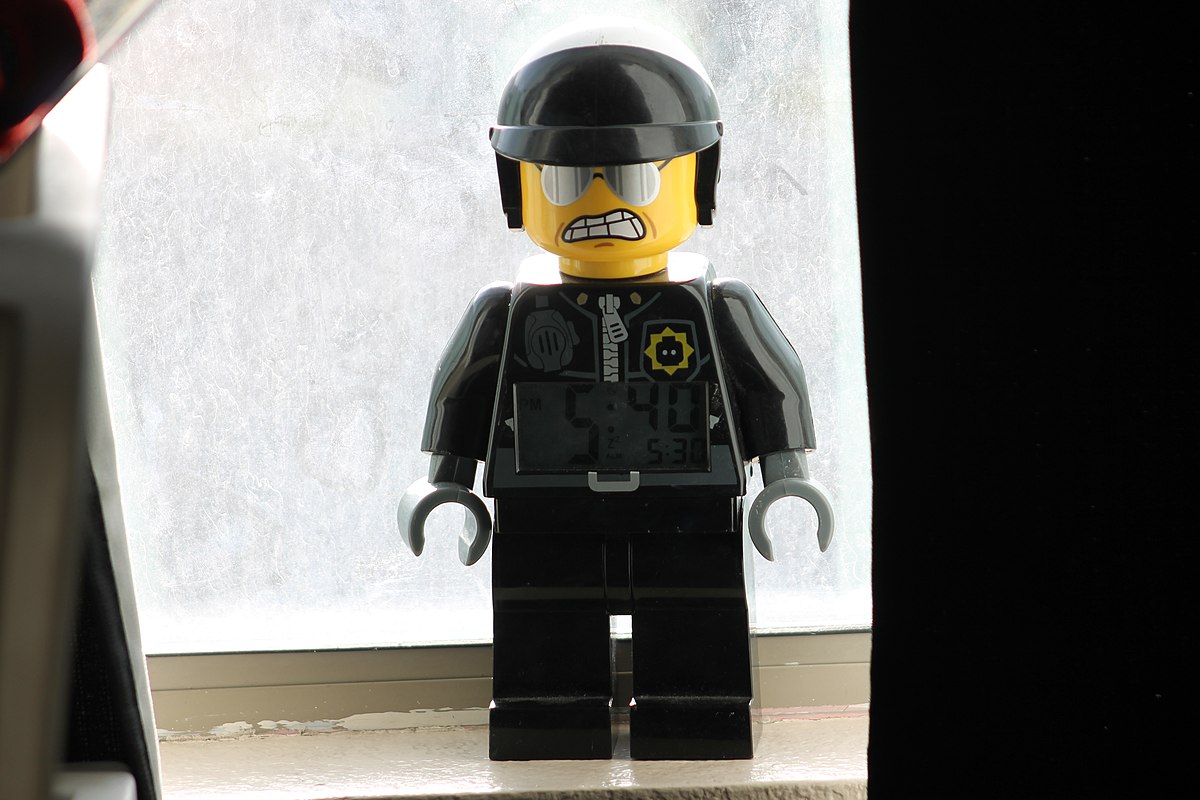
2020 was a shitty year for most things, but it was a banner year for books about fighting monopolies, and for the fight itself.
It started (in Dec '19) with @matthewstoller's GOLIATH, a massive, comprehensive history of monopolies in America.
simonandschuster.com/books/Goliath/…
1/
It started (in Dec '19) with @matthewstoller's GOLIATH, a massive, comprehensive history of monopolies in America.
simonandschuster.com/books/Goliath/…
1/

Then came books like @ZephyrTeachout's BREAK 'EM UP, a political thriller that zeroes in on the role monopolies play in today's brutal and terrifying emergencies, from covid to climate:
pluralistic.net/2020/07/29/bre…
2/
pluralistic.net/2020/07/29/bre…
2/
MONOPOLIES SUCK is @Sally_Hubbard's action-oriented book on monopolies, drawing on her work with the @openmarkets Institute, laying out a practical program you can follow to help create structural changes and end monopolism:
pluralistic.net/2020/10/27/pea…
3/
pluralistic.net/2020/10/27/pea…
3/
LIBERTY FROM ALL MASTERS comes from @openmarkets founder @barryclynn; it's the culmination of a lifetime spent fighting monopolies, framing the monopoly problem as a loss of freedom for workers, suppliers and customers trapped by monopolists.
us.macmillan.com/books/97812502…
4/
us.macmillan.com/books/97812502…
4/
Over the break, I devoured an important contribution to the literature: COMPETITION IS KILLING US, by @MichMeagher, an ex-Thatcherite competition lawyer who fought FOR corporate monopolies until she had a Road to Damascus moment and switched sides.
penguin.co.uk/books/315/3157…
5/
penguin.co.uk/books/315/3157…
5/
Meagher opens with her conversion experience: as a British Bangladeshi girl, she was swept up in Tory rhetoric about the market's power to bring shared prosperity by rewarding the best among us.
6/
6/
But the 2013 Rana Plaza collapse in Dhaka showed her what the "free market" delivers: a race to the bottom that ends with women who could be Meagher herself, killed by the unbridled corporate quest for profit above all else.
7/
7/
Shaken by the images from Dhaka, Meagher was prompted to reexamine her own faith that markets were efficient forces for improving the world, and her day-job, arguing on behalf of endless, anticompetitive mergers between giant companies.
8/
8/
Her shaken faith was shattered by the scandals that followed, from Cambridge Analytica's crimes to the relentless expansion of dangerous, health-destroying sugary drinks, which the UK government seemed powerless to stop.
9/
9/
COMPETITION IS KILLING US is both an account of how Meagher rebuilt her understanding of markets, law and economics, and a smartly argued, fast-moving history of the neutering of monopoly law, a plot hatched and executed by the Chicago School of neoliberal economists.
10/
10/
These are the "scholars" who argued that monopolies were good, actually, and the only time the government should intervene to block or punish monopolistic conduct in which "consumer harm" (that is, higher prices) could be proved.
11/
11/
This set a nearly impossible bar for antitrust enforcement and moved the debate about monopolies from the democratic realm to the rarefied halls of quantitative economists who would duel with equations to prove or disprove the source of price-hikes.
12/
12/
The Chicago School put competition enforcement in chains. Meagher's book shatters them. First, Meagher enumerates the many ways in which monopoly harms us all - real harms, murderous harms, extinction-event harms - that don't count as "consumer harms."
13/
13/
Second - and just as importantly - Meagher draws on her experience as a UK and US lawyer to describe how the restrictions of "consumer harm" are self-imposed. Neither US, nor UK, nor EU law requires a showing of "consumer harm" before governments can fight monopolies.
14/
14/
Indeed, in many cases, existing anti-monopoly laws DEMAND action on the part of regulators for corporate conduct that the "consumer harm" framework declares to be beneficial.
15/
15/
All of that to say, we don't need Parliament or Congress or the EU to pass new rules to get meaningful anti-monopoly enforcement. Like the Cowardly Lion, the Tin Man and the Scarecrow, our governments have had everything they need to fight monopolies all along.
16/
16/
Someone just needs to point it out to them, to make them take stock of their existing arsenal and then spur them into using it to defend all of us. COMPETITION IS KILLING US ends with a roadmap for this kind of action.
17/
17/
Nominally, this is counsel for political insiders, but it's also ammunition for us activists, the everyday people who've been radicalized by runaway monopolies and the harms they create.
18/
18/
It's a roadmap for winning arguments with the insiders who've presided over the mounting crisis - a proof that this world is neither inevitable nor immutable, but rather, something that we can and must transform.
eof/
eof/
• • •
Missing some Tweet in this thread? You can try to
force a refresh





